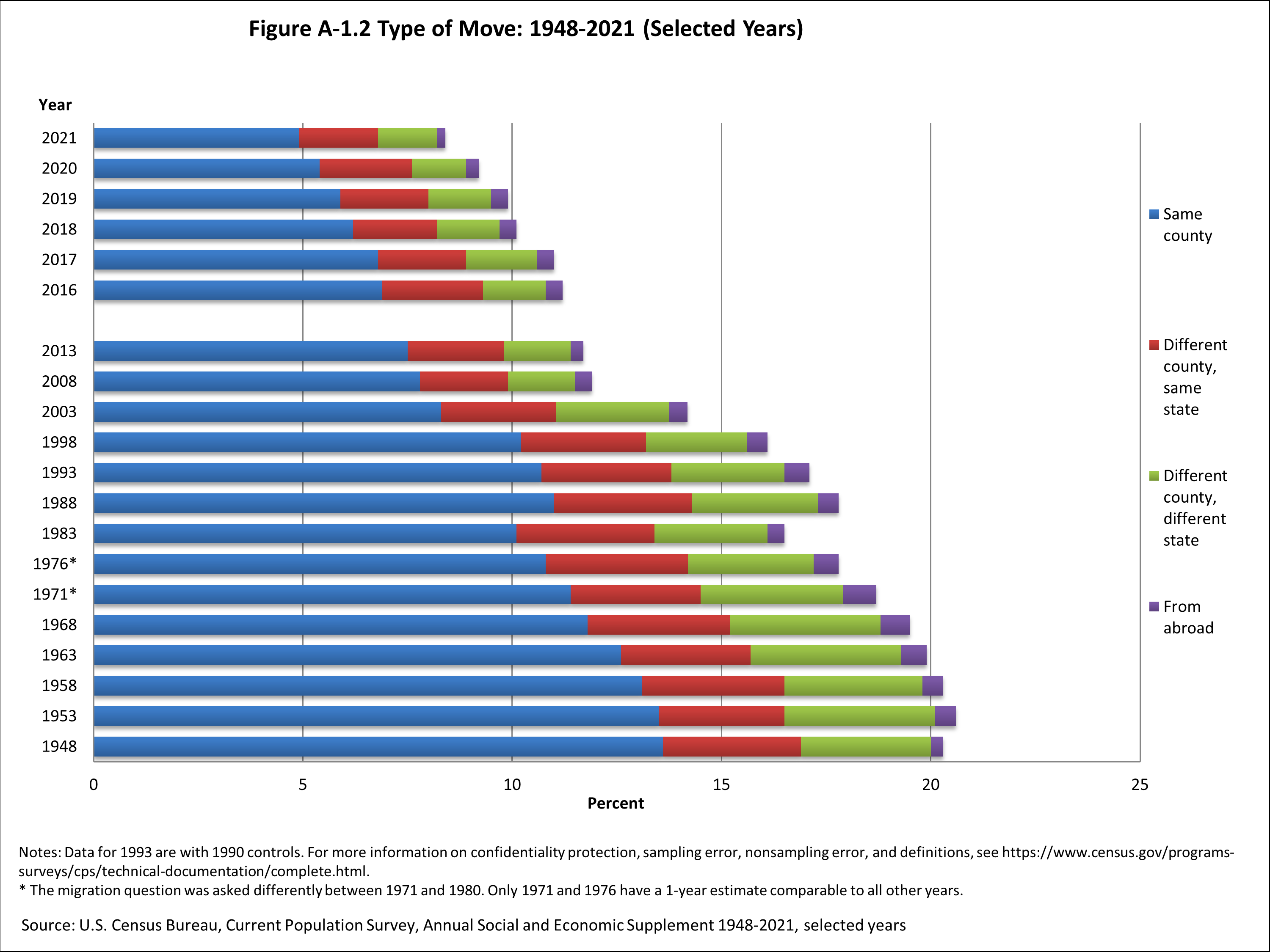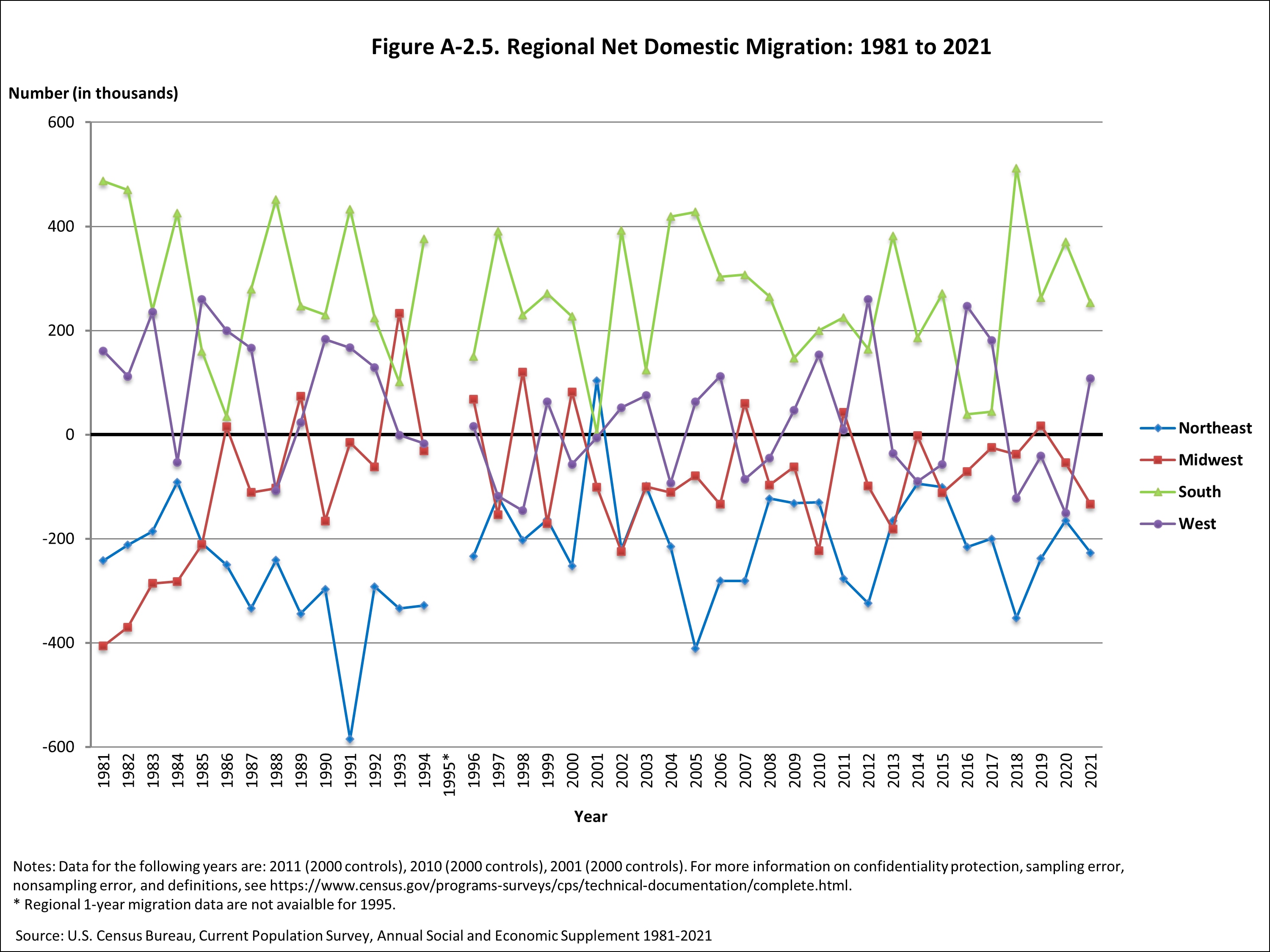Communist Party of Britain address to the 55th Congress, November 17 2018, delivered by ROBERT GRIFFITHS, general secretary
Robert Griffiths delivers his address at the 55th Congress of the Communist Party of Britain
COMRADES, this 55th Congress of the Communist Party is meeting at a critical time for the working class and peoples of Britain and for the exploited and oppressed across the capitalist world.
One hundred and seventy years ago, Marx and Engels argued in the Manifesto of the Communist Party that the working class in every nation must first of all settle matters with its own bourgeoisie, must win the battle of democracy, must replace the capitalist class as the ruling class in society.
The events of recent days underline why that urgently needs to be done in our three countries.
By every analysis and definition, the majority of working-class voters in Britain voted in June 2016 to leave the European Union.
The biggest single reason for doing so was a popular desire to re-establish sovereign self-government here, in practice.
People wanted our democratically elected parliaments and governments in Britain to be free to decide the policies that have such a profound impact on most people's lives.
Yes, many voters also wanted to see that sovereignty used to limit immigration from eastern Europe, wrongly believing that this is the biggest single factor undermining terms and conditions of employment, putting debilitating pressure on public services or pushing Britain's welfare bill beyond the bounds of affordability.
But the proper response to these concerns is not to brand 17.4 million people as undereducated, ignorant bigots and racists who can be led by the nose by Nigel Farage and Boris Johnson.
The proper, progressive response is to explain how Britain's deep and long-running social and economic problems — poverty, gross inequality, chronic insecurity, underfunded public services, underinvestment in productive industry and modern technology — arise from the capitalist class system itself.
As we communists well understand, capitalism is based on the exploitation by a few of the labour power of the many. As a system it breeds sexism, racism, crisis, militarism and war. When necessary and possible, it has turned to fascism to protect itself against revolution.
Since the Communist Manifesto, universal suffrage and other democratic rights have been won in Britain by the Chartists, by the suffragists and suffragettes, by trade unionists, liberals, social democrats, socialists and communists.
The ruling capitalist class has long had to confront the challenge — and the potential power — of working-class democracy.
It has done this mostly at national level, where state power lies, always successfully, so far, but often at the cost of compromise and concessions.
What the major capitalist classes of western Europe have now developed, however, is a model which puts vital areas of decision-making beyond the reach of democratically elected parliaments and governments.
Authority has been transferred to an international apparatus of unelected and unaccountable institutions designed to protect capitalist interests against any democratic threat to them.
Yes, the working class and the people can elect their local, national and central councils, parliaments and governments. They can even elect a sham European Parliament.
But all elected bodies must act within the ever-tightening rules, directives and treaties of the European Union, policed by the European Commission, the European Central Bank and the European Court of Justice.
Furthermore, the basic treaties of the EU are irreformable, unless left and progressive governments can win office in all the most powerful member states at around the same time and can survive the enormous pressure that big business would bring down upon them.
In Britain, the immediate reality is that a largely pro-EU Tory government has negotiated a bogus Brexit with the European Union's hard-line pro-market, anti-socialist bureaucracy. It has carried out the wishes of the most powerful circles of monopoly capital in Britain — the banks, the giant corporations, the CBI, the Institute of Directors — represented in the business advisory council set up by Prime Minister Theresa May and Chancellor Phillip Hammond.
Big business wants to keep Britain as closely aligned as possible with the EU single market and customs union and their big business "freedoms" — the freedom to export capital, to establish in business anywhere, to trade with minimal regulation and to super-exploit migrant labour.
For the capitalist class, a bogus Brexit is better than a real Brexit, although the first choice would be no Brexit of any kind. That's why, should May and Michel Barnier's bogus Brexit be defeated in the House of Commons, big business will throw its weight fully behind the campaign for a second referendum.
The Morning Star has already exposed how the so-called People's Vote cabal is run by the same political shysters and moneybags who directed and bankrolled the Remain campaign in the EU referendum.
Their aim, ever since, has been to denigrate, block and overthrow the People's Vote that the ruling class didn't like in June 2016.
They believe, in true European Union fashion, that the people must vote, vote and vote again, until they come up with the only acceptable answer. The people must learn to love "Big Brother."
The tragedy is that, for more than two years, the Labour Party has utterly failed to defend democracy and popular sovereignty, despite Jeremy Corbyn's call on the morning of the referendum result for the people's vote to be implemented without delay.
His principled stance on that day caused the large cohort of pro-EU, pro-Nato, pro-nuclear weapons, pro-austerity Labour MPs to trigger a second Labour leadership contest.
And ever since, those same elements have been waging a low-level war inside the Parliamentary Labour Party to defend the interests of the ruling class in its struggle against Corbyn, John McDonnell, democracy, popular sovereignty and the working class majority.
These anti-democratic, anti-working class, anti-socialist Labour MPs understand only too well that the rules of the EU single market and customs union present a major barrier to many of the left and progressive policies of a left-led Labour government.
As the Communist Party has pointed out in detail, Labour's plans for renationalisation, state-backed investment funds, direction of capital investment, regional development policy, regulation of trade, an end to compulsory competitive tendering, the restructuring of VAT and legislative equality for migrant workers all run counter to existing EU statutes.
The Tory government's business advisory council, the CBI and the City know this and they have been reminded of it by the European Commission. That is why they fear a real Brexit — a People's Brexit — and want a bogus Brexit or better still no Brexit instead.
These are the class politics of the European Union question. The EU represents the common interests, the reactionary "internationalism" — indeed the imperialism — of the capitalist classes of western Europe.
Against it stand the common interests — the proletarian internationalism — of workers and their families everywhere, of their trade unions and their Communist and workers' parties.
This is why the Communist Party must throw its energies into the campaign for a People's Brexit, to be launched at a major rally in London next Thursday.
Yes, we want economic relations with the EU to continue, with no-tariff or low-tariff trade if possible. Yes, we want freedom of travel across Europe to continue, with full residency and citizenship rights for all who live here.
Yes, we want social, educational, scientific, environmental and cultural co-operation not only to continue — but to flourish.
But not at the price of people's freedom to elect a left-wing government with left-wing policies; not as part of a "Fortress Europe" that discriminates against non-European, black immigration; not as signatories to a common foreign and defence policy that locks us into new EU military structures, into Nato policy and rearmament through the protocols of an irreformable treaty.
We want a genuinely People's Brexit which would enable Britain to strengthen its economic, social and cultural links directly with other countries around the world — not as part of an ever-expanding European power bloc, nor as a poodle of US foreign and military policy.
We want a genuinely People's Brexit that will repatriate powers from Brussels in scores of policy areas and devolve them to the Scottish Parliament, the Welsh National Assembly and to regional assemblies in England. This is part of the "progressive federalism" championed by the Communist Party to maintain working-class unity, to redistribute wealth across Britain, to empower our nations and regions to challenge capitalist market forces in their drive for balanced and sustainable development.
But we also know that the precondition for any of this happening is the downfall of Britain's Tory government. Never mind the cosmetic "Fixed-Term Parliament Act."
Mass campaigning against austerity, universal credit, privatisation, fracking, a bogus Brexit, the EU, nuclear weapons and imperialist war can create the conditions in which the Tories have no option but to concede an early general election.
And then we must go flat out for the election of what the defeatists, pessimists and pundits were telling us until 16 months ago was impossible — a Labour government led from the left, by socialists and anti-imperialists, pledged to implement a left-wing programme.
Incidentally, many of these same people also told us that a vote to leave the EU would sweep Labour away in a tide of reaction, just as they tell us now that Brexit will sweep away all our social, employment and trade union rights — as though the European Union has ever defended us against any of the 12 or 13 anti-worker, anti-union laws since 1979! As though the labour movement is utterly incapable of defending any of the rights that it — that we — have won through our own struggles!
How shameful that the TUC peddles this hysterical, defeatist nonsense on behalf of the European Union and its anti-working class institutions such as the EU Court of Justice.
If we can win the election of a left-led government, the political Tclass struggle in Britain will enter a new stage. All the strength, unity and clarity of a militant mass movement, led by the organised working class, will then be needed to overcome ruling-class resistance of every kind, to win the battle of democracy and state power.
At every stage in Britain's road to socialism, the role of the Communist Party will be crucial. Without a Marxist party organised on every front of battle, capable of unifying campaigns and movements, offering analysis and direction, there can be no breakthrough to revolution, state power and socialism.
The report of work of the outgoing executive committee demonstrates how much even a small number of Communists can do on so many fronts.
It also indicates how much more still needs to be done and I formally move it for your endorsement.
This congress will reaffirm our commitment to struggle, to the strategy outlined in our programme Britain's Road to Socialism, to anti-imperialism and to our place in the international communist movement.
We are proud of our communist heritage. We defend the historic gains made by the workers and peoples of the Soviet Union and the other socialist countries. We hold high the red banner of socialism and communism.




